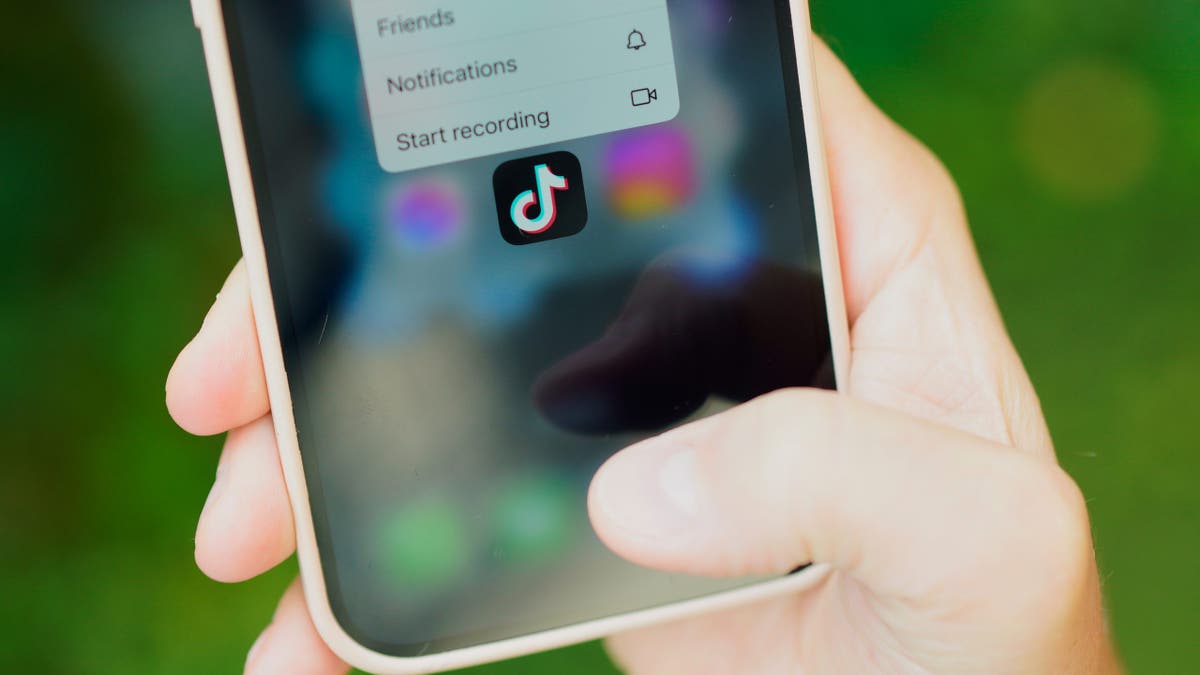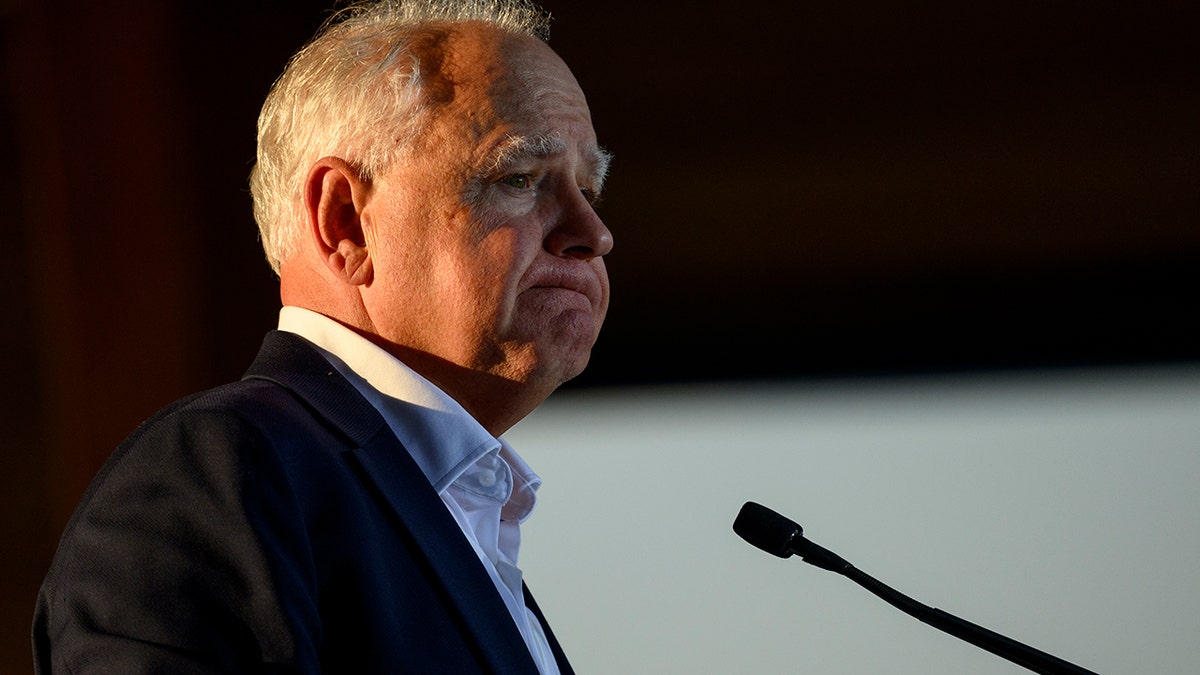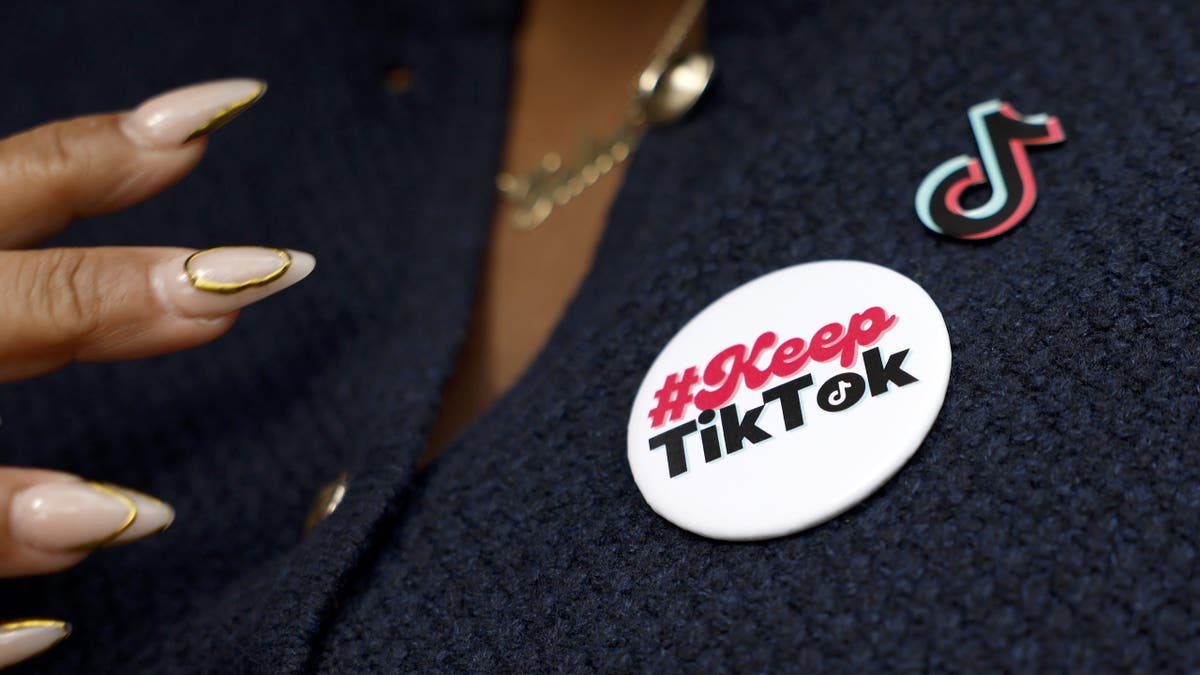China hawks are calling out Vice President Kamala Harris’ running mate, Minnesota Gov. Tim Walz, for failing to impose a TikTok ban on government-issued devices in his state, particularly considering more than 75% of other states did so amid national security concerns.
When asked in 2022 whether Walz planned to ban the Chinese-owned social media app on Minnesota-issued devices, the Democrat governor said his team was looking at the issue “holistically” and that he was deferring to tech experts in his administration for “recommendations.” Walz also drew an equivalency between TikTok and X, formerly Twitter, arguing the Elon Musk-owned platform “can be somewhat dangerous.”
“That equivalence goes to, I think, a broader confusion on the left that privacy is a protection from ourselves, from these big businesses. Not a protection from the government,” said Trent England, executive director of Save Our States, a conservative nonprofit dedicated to defending the constitutional power of states. “They’re more trusting toward state actors in general… Elon Musk, however powerful people think he is, he’s not the Chinese Communist Party.”
Walz’s decision not to implement a TikTok ban on Minnesota’s government-issued devices stands in contrast with the actions of numerous other states, and is also out of step with the Biden administration.
In December 2022, President Biden signed a bill banning TikTok from all federally issued devices. This year, Biden went even further when he signed an additional bill in April to ban TikTok nationwide, unless its Chinese-owned parent company, ByteDance, divests its entire stake in the social media company by next year.
TIKTOK BAN WOULD BE WASHINGTON’S MOST SIGNIFICANT NATIONAL SECURITY LEGISLATION: BRENDAN CARR
Meanwhile, at least 39 separate states implemented a TikTok ban on government-issued devices. Many of those bans were initiated by governors, while others were introduced by the state legislature and later approved by the governor.
The federal and state bans have also coincided with warnings from the nation’s top law enforcement agency, the Federal Bureau of Investigation, which has said it has “a number” of “national security concerns” related to the U.S. operations of TikTok. “They include the possibility that the Chinese government could use it to control data collection on millions of users or control the recommendation algorithm, which could be used for influence operations if they so chose, or to control software on millions of devices, which gives it an opportunity to potentially technically compromise personal devices,” FBI Director Christopher Wray told Congress in 2022.
EXPERTS WARN OF ‘CHILLING REALITY’ TIKTOK THREAT POSES: ‘CHINA’S GREATEST ASYMMETRIC ADVANTAGE’
Kansas Gov. Laura Kelly, a Republican, called the decision to ban TikTok from government devices “common sense.”
“In the digital age, defending our state’s technology and cybersecurity infrastructure and protecting digital privacy have to be a top priority for us as a state,” said Wisconsin Gov. Tony Evers, a Democrat, after signing an executive order banning TikTok on government devices.

The TikTok video streaming app is seen in this illustration photo in Warsaw, Poland on Sept. 23, 2024. (Jaap Arriens/NurPhoto via Getty Images)
Evers also pointed out how he, similar to Walz, consulted with cybersecurity and law enforcement experts.
“I trust the professionals who work in this field, and it was important for me to consult with and get advice from experts in law enforcement, cybersecurity and counterintelligence, including the information technology experts working within DOA-DET, to make the best decision to protect state technologies, and ultimately, the people of Wisconsin.”
England told Fox News Digital on Wednesday that he thinks Walz’s actions are a “throwback” to an earlier era of U.S.-China relations when the prevailing attitude was not to view China as an adversary.

Minnesota Gov. Tim Walz speaks to a gathered crowd of supporters during a campaign rally at the Highmark Amphitheater on Sept. 5, 2024 in Erie, Pennsylvania. (Jeff Swensen/Getty Images)
“Walz is still in this ’90s mindset that we’re going to fix China by engaging with them, which effectively means looking the other way when they’re stealing intellectual property, or engaging in what looks like espionage, or what obviously is espionage,” England said. “I think Walz is really a throwback to an earlier era of China relations that most people have determined was a failure.”
JAMES COMER: WALZ ‘HAS REALLY EMBRACED CHINA’S VIEW OF THE WORLD’
Earlier this month, TikTok argued in federal court that Biden’s proposed nationwide ban on TikTok if ByteDance does not divest itself is unconstitutional. “The law before this court is unprecedented and its effect would be staggering,” attorneys for TikTok said in court earlier this month, according to the Associated Press.

A TikTok creator wears a button showing support for the social media app. (Kevin Dietsch/Getty Images)
Additionally, several pro-TikTok activists also rallied outside the courthouse in support of the social media platform. One content creator, Paul Tran, told The Associated Press that being able to make TikTok videos gave his company the lift it needed to stay competitive. “TikTok truly invigorated our company and saved it from collapse,” Tran told reporters.
CLICK HERE TO GET THE FOX NEWS APP
Fox News Digital reached out to both Walz’s office and the Harris campaign for comment but did not hear back prior to publication time.